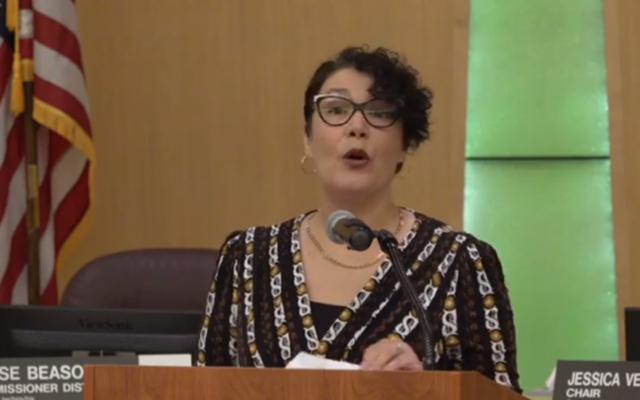Portland And Multnomah County Leaders Propose Three-Year Extension For Joint Effort To Combat Homelessness

Portland, Ore. — In an effort to salvage an eight-year joint initiative aimed at addressing homelessness in Portland and Multnomah County, local leaders introduced a concept for a three-year extension. Mayor Ted Wheeler and County Chair Jessica Vega Pederson presented the plan, hoping to address concerns and improve the performance of the Joint Office of Homeless Services (JOHS).
The JOHS, a county-led agency funded collaboratively by both governments, faced criticism from members of the Portland City Council and the Multnomah County Board of Commissioners. Two separate audits over the summer highlighted issues such as a lack of clear strategy, vision, and measurable outcomes.
The proposed framework aims to enhance transparency, cooperation, and establish clear objectives within JOHS. It seeks to rebuild a relationship marred by misunderstanding and mistrust while addressing systemic inefficiencies.
Under the plan, JOHS would adopt new performance goals over the next two years. These include identifying the baseline number of unsheltered homeless individuals as of January 2024 and committing to shelter or re-house 50% of that baseline number by December 2025. The plan also targets a 15% increase in transitioning people from shelter to permanent housing by the end of 2025, with a goal of maintaining housing for at least 75% of rehoused individuals two years after placement.
The agreement mandates quarterly updates on JOHS’s work, disclosing expenditure details and collaborative budgeting between the city and county. Eventually, the proposal envisions incorporating homeless shelters, currently operated by Portland, under the JOHS umbrella.
To oversee the framework, a new committee called the Homelessness Response System would be formed, succeeding the “A Home for Everyone” campaign. The statement from Wheeler and Vega Pederson quoted support from Governor Tina Kotek and Mindy Stadtlander, CEO of Health Share of Oregon.
The proposal requires approval from the Portland City Council and Multnomah County Board of Commissioners to finalize the plan as a new contract in the coming year. Since its formation in 2016, JOHS has received over $1 billion in funding, becoming a primary recipient of taxpayer dollars from the Supportive Housing Services tax since 2020. The current JOHS contract expires in six months.



